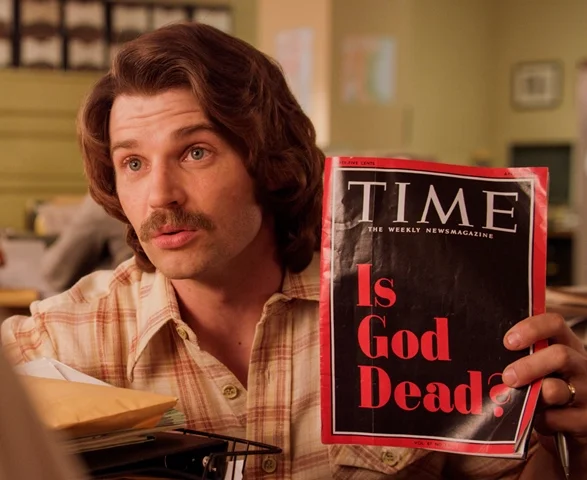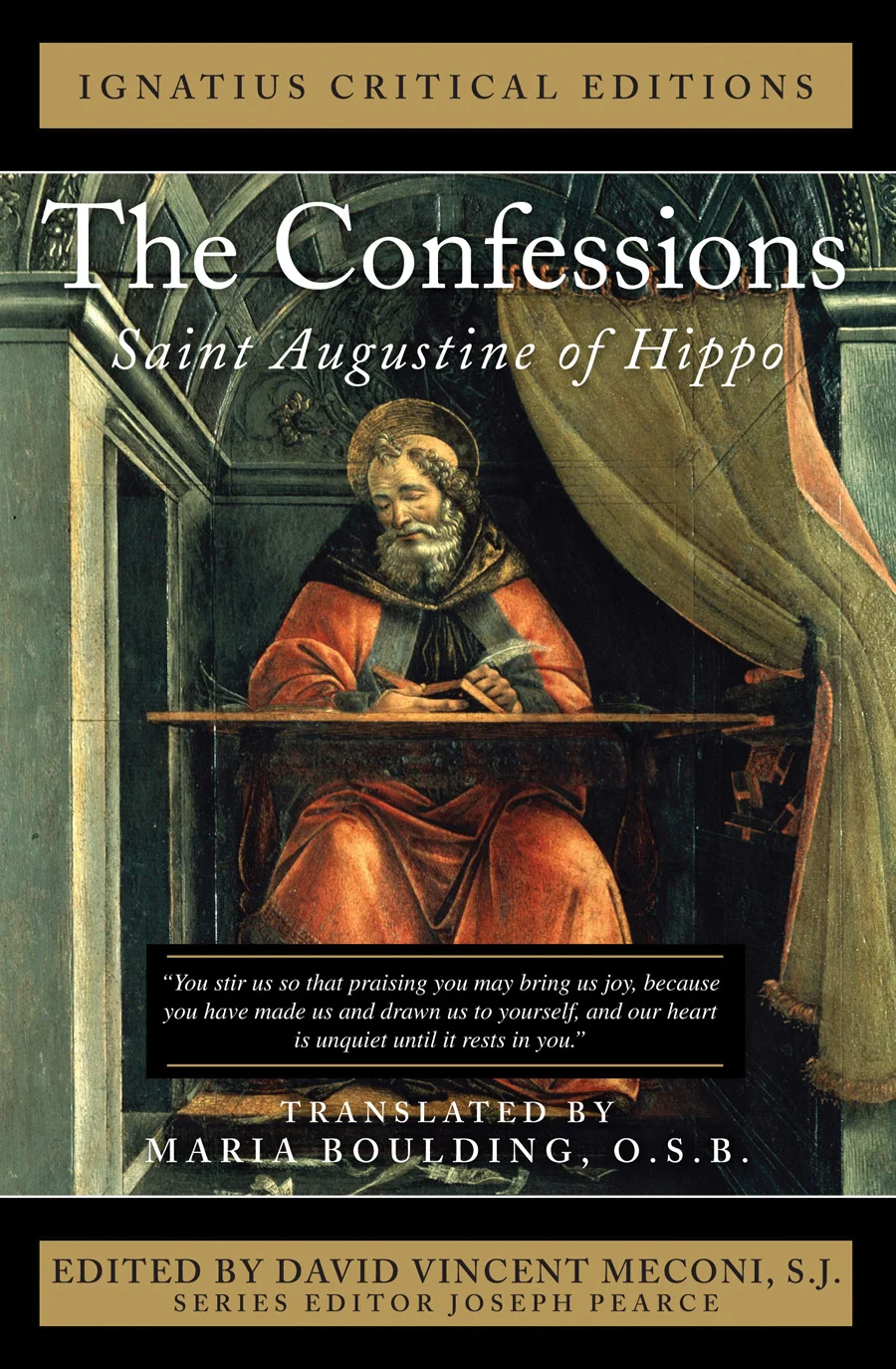Tensions on the left side of American evangelicalism had been building for years and then Christian ethics professor David Gushee drew a bright red line.
Many religious groups reject gay-rights efforts because of ancient doctrines on marriage and sexuality, he noted in a Religion News Service essay last year. Some have tried to do this quietly.
"It turns out that you are either for full and unequivocal social and legal equality for LGBT people, or you are against it," wrote Gushee, who teaches at Mercer University, a hub for Bible Belt progressives. He is the author of numerous books, including, "Changing Our Mind, Kingdom Ethics."
Gushee warned the orthodox: "Neutrality is not an option. Neither is polite half-acceptance. Nor is avoiding the subject. Hide as you might, the issue will come and find you."
This warning was one moment of clarity that led to the August 25 Nashville Statement from the Council on Biblical Manhood and Womanhood. The manifesto restates many ancient Christian doctrines, such as: "God designed marriage as a covenantal union of only a man and a woman that is the sole context for sexual intercourse."
However, the preamble addresses new challenges, stating: "Evangelical Christians at the dawn of the twenty-first century find themselves living in a period of historic transition. As Western culture has become increasingly post-Christian, it has embarked upon a massive revision of what it means to be a human being."
Thus, Article 10 states: "WE AFFIRM that it is sinful to approve of homosexual immorality or transgenderism and that such approval constitutes an essential departure from Christian faithfulness and witness. WE DENY that the approval of homosexual immorality or transgenderism is a matter of moral indifference about which otherwise faithful Christians should agree to disagree."










